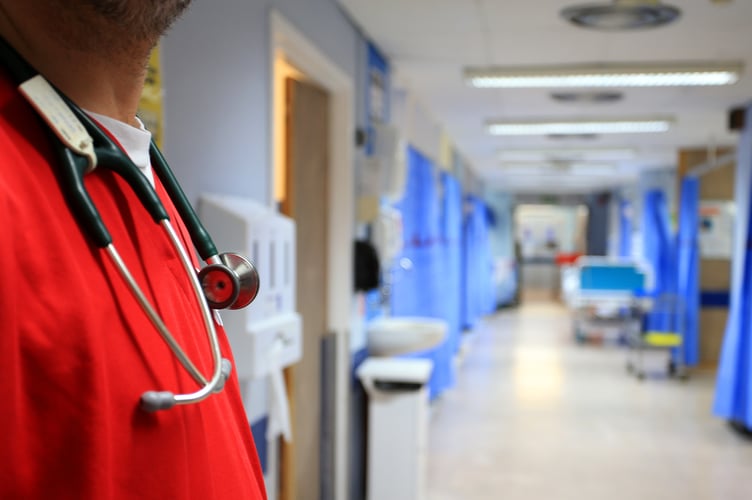Fewer cases of tuberculosis were recorded in Waverley over the past three years, figures show.
Meanwhile, the UK Health Security Agency has launched a call to help create England's next tuberculosis national action plan, after a surge in cases across the country.
Charity Asthma + Lung UK said the increasing number of tuberculosis infections in England is "worrying", and called on the Government to design an effective public health strategy.
UKHSA figures show nine cases of tuberculosis were logged in Waverley between 2021 and 2023 – down slightly from 11 across 2020-22.
It means there were 2.3 cases per 100,000 people in the area across these three years, which is below the national average of eight per 100,000 people.
Tuberculosis is an infection that mainly affects the lungs, and can become serious if not treated with antibiotics. There is also a vaccine that helps protect those most at risk.
In England, the number of tuberculosis cases rose by 11% in 2023, reaching 4,855. It was the largest annual increase since records began in 2000, and the highest number of cases since 2017.
Dr Andy Whittamore, clinical lead at Asthma + Lung UK, said the rise in cases across England is "worrying", but added "it is not surprising".
He said there is a "well-established link" between deprivation and lung conditions, and warned the increasing number of people living in poor conditions, including in overcrowded, damp accommodation, has contributed to its rise.
He said smoking also "substantially increases" the likelihood of developing the condition, adding smoking rates remain higher in more deprived populations.
He said: "Tuberculosis is treatable, but people with symptoms need to be able to access healthcare and marginalised individuals face many barriers when trying to access the services they need.
"Effective implementation of a cross-government public health strategy is vital to address rising tuberculosis rates, but the Government must also tackle the root causes of inequality if we are to begin to close the health gap between rich and poor."
The UKHSA is calling for evidence from various actors, including health and social care professionals and public health experts, to shape a five-year action plan in order to improve England's prevention and management of the infection.
It warned provisional figures suggest a further 13% rise in tuberculosis cases nationally in 2024, reflecting the global upward trend in recent years.
Dr Esther Robinson, head of the UKHSA's tuberculosis unit, warned tuberculosis is a "serious" public health concern in England, but added the infection is "preventable and curable".
She said anyone who has moved to England recently from an area where the condition is more common should be aware of any symptoms and get tested if needed.
Common symptoms include a cough that lasts more than three weeks, feeling tired or exhausted, high temperatures or night sweats, a loss of appetite and unexplained weight loss.




